Retro Replay Review
Gameplay
Mirrors unfolds in a first-person perspective that feels more like an interactive novel than a traditional point-and-click adventure. Players navigate through menus of actions—such as “Look,” “Move,” or “Talk”—making choices that influence the story’s direction. Each decision can unlock new paths or dead ends, reinforcing the tension as you guide Elleno Vision’s lead singer through haunted corridors and backstage waiting rooms.
(HEY YOU!! We hope you enjoy! We try not to run ads. So basically, this is a very expensive hobby running this site. Please consider joining us for updates, forums, and more. Network w/ us to make some cash or friends while retro gaming, and you can win some free retro games for posting. Okay, carry on 👍)
The branching narrative structure is at the game’s core. Early choices—like whether to investigate a shadowy figure or retreat to safety—ripple outward, creating multiple distinct endings. This design encourages experimentation, as you’ll want to revisit critical junctions to uncover every possible outcome and the full scope of the mystery.
Pacing is deliberate, with long stretches of atmospheric exploration punctuated by sudden moments of horror and suspense. While there are no action sequences in the traditional sense, the looming threat of a stalking murderer keeps adrenaline levels high. The lack of real-time combat shifts the focus firmly onto investigation, deduction, and dialogue choices, making each text prompt feel weighty.
Graphics
The original PC-88 release relied on limited color palettes and chunky pixel art, but the 1992 FM-Towns port introduced a dramatic visual overhaul. Backgrounds became richer, with deeper shadows and more nuanced color gradients that heighten the sense of dread in abandoned hotel hallways and dimly lit dressing rooms.
Character portraits are rendered with surprisingly expressive detail for the era. The singer’s haunted gaze shifts from fear to determination as nightmares intensify, while the faceless silhouette of the murderer remains deliberately obscured, amplifying the game’s psychological horror. These static images, paired with carefully chosen color schemes, do much of the heavy lifting in setting the tone.
Environmental illustrations vary from grainy black-and-white photos to fully colored hand-drawn scenes. This mix of styles can feel jarring at first, but it also mirrors the protagonist’s fractured mental state. You’ll find yourself pausing to appreciate the artistry behind a flickering stage spotlight or the cracked mirror in a deserted dressing room.
Story
At its heart, Mirrors tells a tale of a world-weary musician tormented by both literal and figurative demons. As the lead singer of Elleno Vision, you’re midway through a global tour when nightmares begin to bleed into reality. Strange phone calls, cryptic letters, and ominous stage props hint at a figure bent on derailing your career—and possibly ending your life.
The narrative excels at building suspense through gradual revelation. Early scenes might seem routine—soundchecks, hotel check-ins—but the undercurrents of dread tighten around every interaction. Conversations with bandmates grow tense as suspicion mounts, and seemingly innocuous decisions can plunge you into new horrors by the next chapter.
Mirrors also explores themes of identity and the costs of fame. As you dig deeper into who wants you dead, you confront memories of past failures and betrayals. The game’s multiple endings range from tragic to redemptive, each illustrating a different facet of the protagonist’s struggle with guilt and resilience.
Overall Experience
Playing Mirrors today feels like unearthing a hidden gem from the golden age of Japanese adventure games. Its blend of psychological horror, branching storytelling, and striking visuals make it stand out among contemporaries. While modern gamers might find the pace languid, those with a taste for slow-burn suspense will be rewarded with a richly layered experience.
Replayability is a major draw. Even after discovering one conclusion, you’ll feel compelled to chart alternative paths—testing every choice to see how it alters future encounters. This design encourages multiple playthroughs, effectively extending the game’s lifespan far beyond its modest runtime.
Ultimately, Mirrors is an atmospheric journey into the shadows of both the music industry and the human psyche. It doesn’t rely on flashy mechanics or action set pieces; instead, it immerses you in a carefully crafted world of whispers, nightmares, and hidden truths. For fans of narrative-driven adventures and retro gaming aficionados alike, this ported and polished classic remains a hauntingly memorable experience.
 Retro Replay Retro Replay gaming reviews, news, emulation, geek stuff and more!
Retro Replay Retro Replay gaming reviews, news, emulation, geek stuff and more!
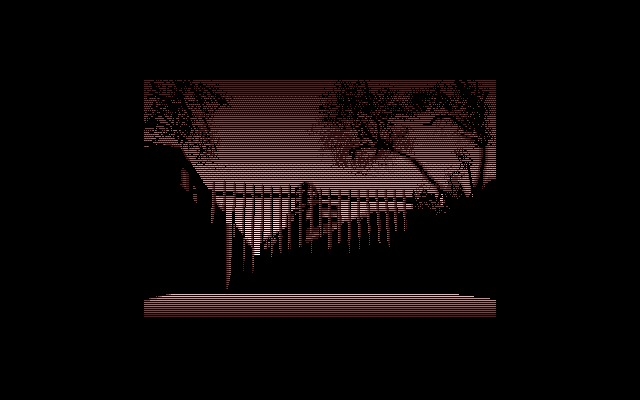
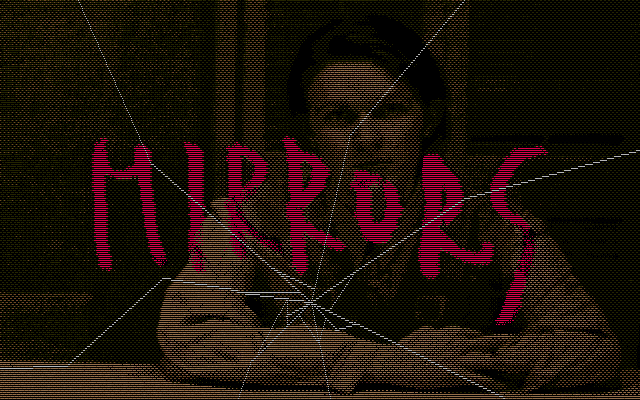
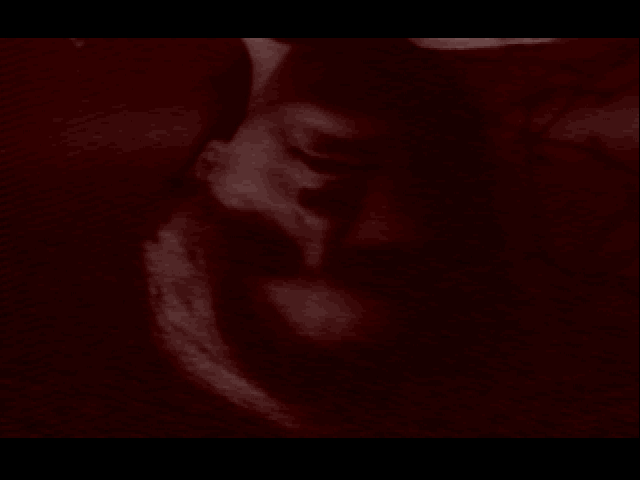

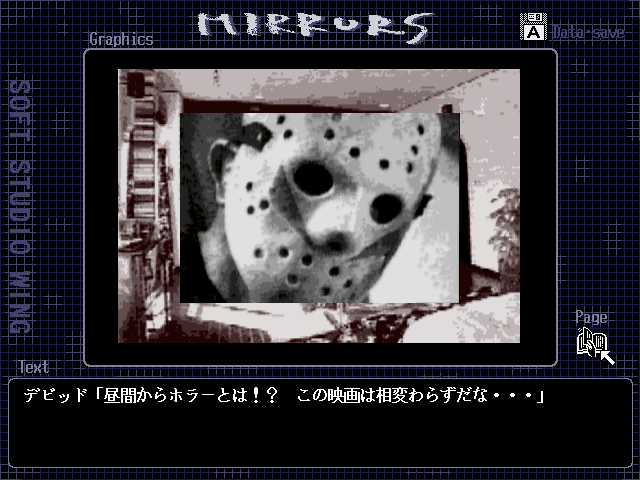
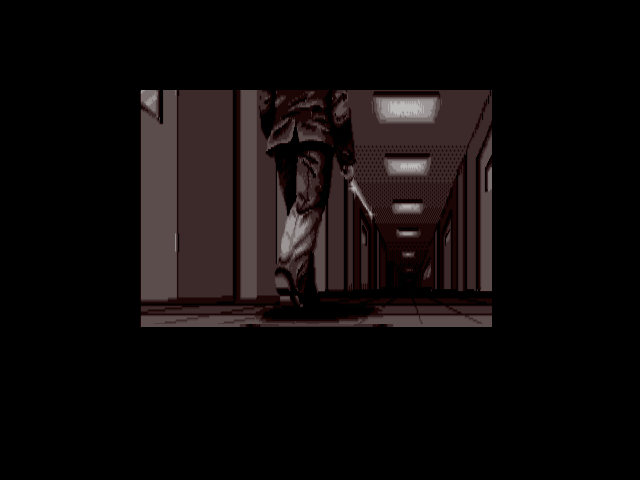

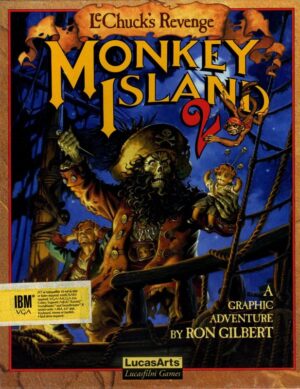

Reviews
There are no reviews yet.